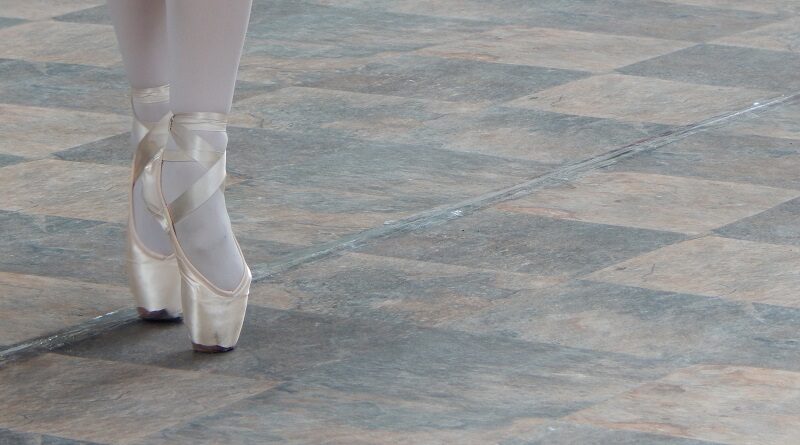Postgraduate courses in Dance Teaching
Do you have a genuine love for dance? Do you want to inspire students to take to the stage and be the best dancers they can be? If you have patience, determination and a genuine passion for people and dance, have a read of the information below.
There are a number of postgraduate courses in Dance Teaching that range from PGCE courses to courses in movement and many more.
What is dance teaching?
Dance teaching refers to anything from directing classes, teaching dances, choreography and enabling students to develop their knowledge and their skills required to perform and engage and understand movement as an art.
As a dance teacher you can work in different settings from schools, private studios or even set up your own dance school. In this role you will work with children and adults either individually or in groups. You will teach various different dance techniques, styles and methodologies at all levels. You will develop an effective dance curriculum and lesson plan while encouraging, motivating and inspiring students to reach their full potential and be the best dancers they can be.
Working hours will differ depending on your specific employment type. If you are working in a school as a secondary level dance teacher you will work normal school hours however if you are running your own dance school you will work more unsocial hours such as evenings and weekends as well as attend dance shows at weekends also. If you are self employed you will have certain control over your hours however to be successful in this field take a lot of hardwork and dedicated hours of teaching and continuous learning.
Courses
There are many courses on offer in the area across the UK. Some courses offer the opportunity to study either part time or full time. Universities may have certain restrictions in place due to Covid-19 and may offer courses online. There are courses available in this area across a number of colleges and are very similar. Courses include:
PGCE Secondary (Dance)
Postgraduate courses in this area will give you the opportunity to teach dance to those ages 11-16. You will gain all the necessary skills and qualities needed to develop your own dancing skills and creative mind as well as being prepared to continue on and teach those skills. You will look at broad aspects of teaching such as lesson planning and delivering effective lessons.
PCGE: Dance Teaching (with Qualified Teaching Status)
A postgraduate course such as this one will allow you to delve into your creative mind and develop your expertise in order to become a specialist dance teacher for those ages 11-19. The programmes lead to a qualified teaching status. Key focuses of this course include dance studies, professional studies and school experience and teaching.
Movement: Directing and Teaching
This MA course is suitable to those who would like to add more diversity to their skills and knowledge of dance and who may want to understand the different aspects of movement in contemporary performance. Modules covered include Practices: Movement Placement, Performing research, Pedagogies: Movement, Bodies in Movement and more.
There are also courses available in Master of Arts in Education (Dance Teaching). There are a number of courses with the same title however course content may differ from course to course.
Entry requirements
Entry requirements may differ from course to course or university to university. Therefore, it is important to research your specific course in detail to ensure you meet the entry requirements. As these courses are postgraduate courses, you will need a bachelor’s degree. Some courses may accept a 2.2 degree while others will require a 2.1 in a relevant area.
Salary
Your salary as a dance teacher will be dependent on variables such as your employment type, experience and location. As a secondary level dance teacher you may earn around £33,600 annually or earn an hourly rate of £17.26. Entry level positions will be closer to £29,000 while the most experienced can earn anything up to £48,000. In London, it is believed the average dance teacher can earn around £66,000, showing the difference location can make if you are an independent/self employed dance teacher. Figures are based on estimates and intended to be used as a guide only.
Related Jobs
- Dance teacher
- Performing Arts teacher
- Music teacher
- Singing teacher
- Dancer
- Stage performer
Skills and requirements
Skills and requirements helpful in this area include:
- Excellent communication skills
- Dancing skills
- Knowledge of dance styles and theory
- Ability to work well with others
- Patience
- Confidence
- Flexible
- Ability to work well under pressure
- Organisation skills
- Time management skills
- Enthusiasm
- Ability to teach
- Strong speaking and presentation skills
- Creative
- Leadership skills




